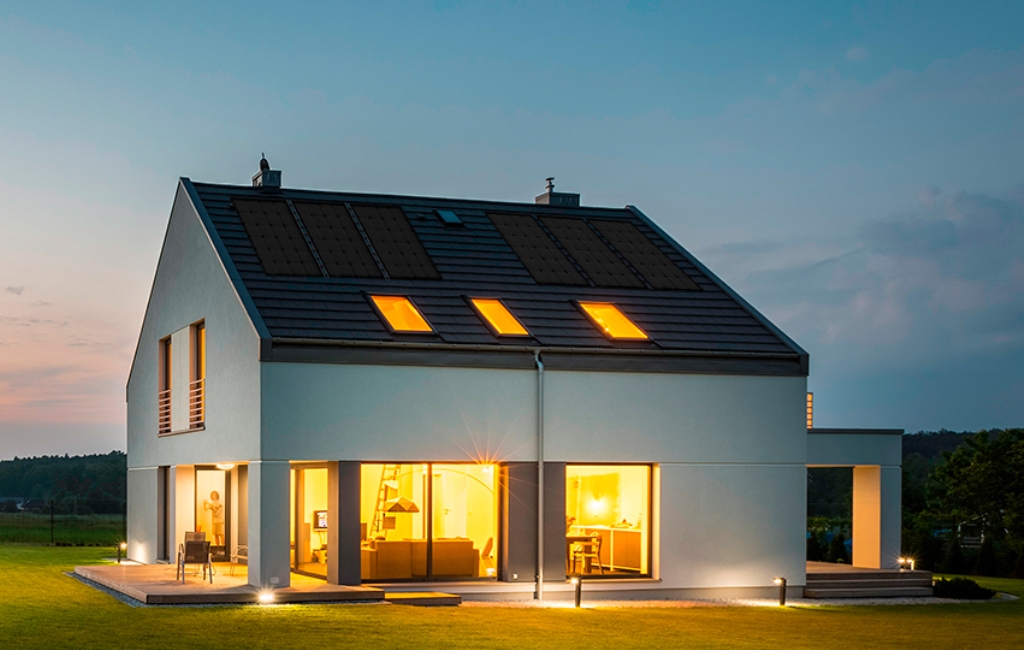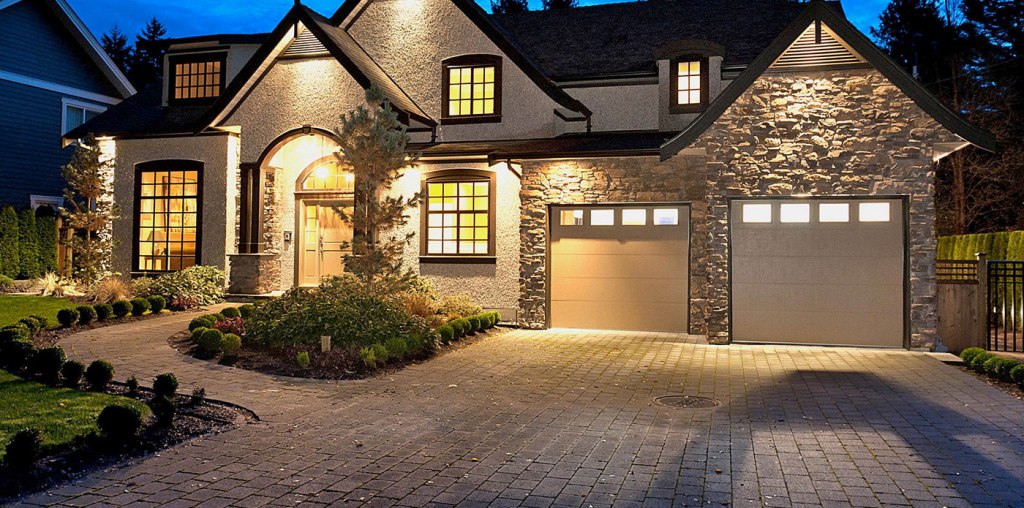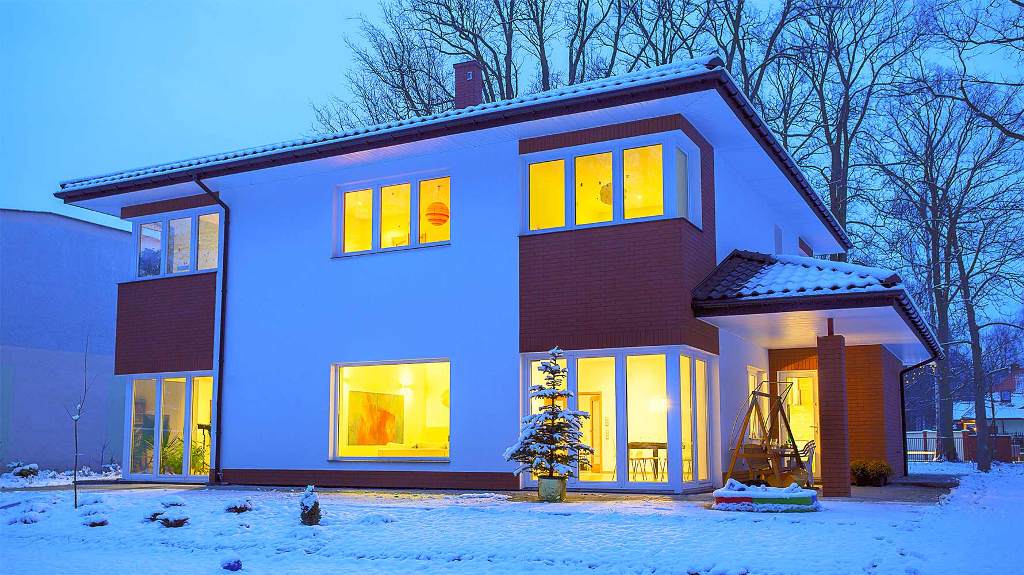MA electric rates have been rising steadily for the past few years, necessitating the need for energy-saving practices to help save money on electricity. Currently, Massachusetts ranks 9th in the United States, with an average electricity rate of 14.91 cents per kWh.
Historically, Massachusetts residents have been paying high electricity rates. In 2016, the U.S. Energy Information Administration reported that residential electricity costs in Bay City were 63 percent greater than the United States average.
Why Massachusetts Has High Electricity Rates
One of the factors that have attributed to the high electricity cost is that the state doesn’t have sufficient infrastructure or power plants to meet the increasing demand for electricity. Massachusetts’ power usage comprises 46 percent of the total demand in New England.

Shifting away from oil, coal, and nuclear energy production over the past decade without replacement has contributed to the high demand for electricity in Massachusetts. A great example is the closure of Brayton Point Station, which was a 1,530-megawatt station.
Another reason why Bay City has high electricity rates is the increasing cost of natural gas used in the production of power. Whenever the prices of natural gas go up, electricity production costs increase, translating into higher electric rates in Mass.
Ways to Save Money on Electricity in Massachusetts
The average monthly electricity bills in MA are relatively high. Residential consumers pay $94 per month, while industrial consumers spend an average amount of $8,383 per month. Commercial customers, on the other hand, pay $525 per month on average.
Considering that the cost of electricity in MA is high, there is a need to implement measures that can help to save money on power. In this article, we explore eight useful tips that will help to lower your electricity consumption, translating into more savings.
- Insulate Your Home for Optimal Efficiency
Uninsulated homes consume a significant amount of energy in maintaining temperatures inside the house. For efficient cooling and heating, you need to insulate your house attic to prevent heated air from escaping during winters and cold air during summers.
When heated air escapes through uninsulated surfaces within the house, air conditioners utilize more energy to maintain the room temperature, increasing your monthly electricity consumption. Insulating the surfaces can help you save thousands of dollars on power.
Besides insulating the house, you should also consider sealing the leaking points in your home to minimize the loss of heated air. Some of the popular points where leakages occur are the joints between the wall and ceiling and spaces around doors and windows.
- Install a Programmable Thermostat in Your House
Smart thermostats offer convenience and efficiency when regulating house temperatures, rendering it a potential technology to reduce your electricity consumption. These devices can automatically lower or increase your room temperatures based on your settings.
You can set the thermostat to work less when you are not at home or when you are asleep during the night. Adjusting the thermostat with a few degrees each time you sleep or leave the house can help you save hundreds of dollars on heating and cooling.
- Switch Off and Unplug Electrical Appliances Not in Use
Did you know that unplugged electric devices consume trace amounts of electricity? Now that you understand, you should always unplug all appliances not working to save at least five percent of your monthly electricity consumption, attributing to more savings.
However, unplugging all the appliances in your house every day can be a tedious task. You can reduce the workload by using power strips that do not drain electricity when you turn off the electrical devices. The strip allows you to unplug multiple devices all at once.
- Upgrade Your House Lighting System
Energy-efficient light bulbs such as the light-emitting diode (LED) bulbs are more effective when it comes to saving energy on lighting. Unlike the traditional incandescent light bulbs, LED bulbs emit low heat. Another energy-efficient bulb is the compact fluorescent lamp.
If your home still has the traditional bulbs, consider replacing them with the light-emitting diode (LED) bulbs. To maximize your energy saving on lighting, you should buy ENERGY STAR certified bulbs. Besides, you should turn off the lights when not using them.
- Use Your Large Appliances When Energy Rates are Low
Electricity prices usually vary every minute, depending on factors such as the number of people using power. The electric rates in Mass are higher during peak hours when many people are using electricity than during off-peak hours when a few people use electricity.
Considering that large electrical appliances, such as refrigerators and washing machines, consume a high amount of electricity, you should run them during off-peak hours. That’s early in the morning before 8 am and late in the evening after 8 pm.
- Clean Your House HVAC System Regularly
Dirty air filters usually reduce the efficiency of an HVAC system, making it consume more electricity. By slowing down airflow, dirty filters force the system to work harder and consume more energy. Besides, it also makes cooling and heating more difficult.
You should clean the filters at least once within every three months for better performance and efficiency. Cleaning the filter of an HVAC system regularly, especially during winters and summers, will make it function better, reducing your electricity bills significantly.
- Avoid the Heating Cycles in Dishwashers and Washing Machines
Most energy consumed in washing machines goes into heating water used to wash. You can use cold water to wash your clothes instead of warm water. Your clothes will still wash sparklingly clean. Also, consider sun-drying the clothes instead of using electric dryers.
Also, when washing the utensils using a dishwasher, you can skip the heat-drying phase in the appliance. To dry the washed utensils, you can use a clean, dry towel cloth or leave them in open-air to dry. That will significantly reduce your electricity consumption.
- Place Your Refrigerator and Freezer in Strategic Positions
When you place the cooling appliances (refrigerators and freezers) near heat sources like the ovens and dishwashers, their cooling efficiency gets halted. Placing refrigerators near windows might also expose them to direct sunlight, lowering their effectiveness.
To save on electricity, you should place the freezers and refrigerators away from heating equipment such as ovens. Place them far from windows to keep them from direct sunlight. Also, don’t put the refrigerators too close to the walls to allow free air circulation.
Electricity Costs and Consumption in Massachusetts
Massachusetts residents consume average electricity of 627 kWh per month, ranking 44th in the U.S. It’s 30.56 percent less than the national residential consumption of 903 kWh per month on average.
However, the electricity rate in Bay City is higher than the national average by 25.51 percent.
Massachusetts electric rates for residential consumers is 14.91 cents per kWh, while that of the United States is 11.88 cents per kWh on average.

How to Find the Best Electric Companies in Massachusetts
Besides the eight tips mentioned, buying electricity from a reputable company with the lowest electric rates in MA can also help you save money on electricity. However, finding the best prices can be quite overwhelming as there are many electricity suppliers in MA.
Some of the utility companies that offer electricity in Massachusetts include Eversource Energy, National Grid (Mass Electric), and National Grid (Nantucket Electric). Companies such as Constellation Energy, Direct Energy, and Spark Energy also supply power in MA.
Since many companies supply electricity, you should compare electric rates in MA to find the best deal. Most energy suppliers have price comparison tabs on their websites to allow you to compare their prices with other electricity providers.
Conclusion
Reducing your electric consumption, by all means, can help you save thousands of dollars, especially when you live in Boston, where electricity rates are high. To maximize your savings on electricity, buy power from companies with the lowest MA electric rates.

